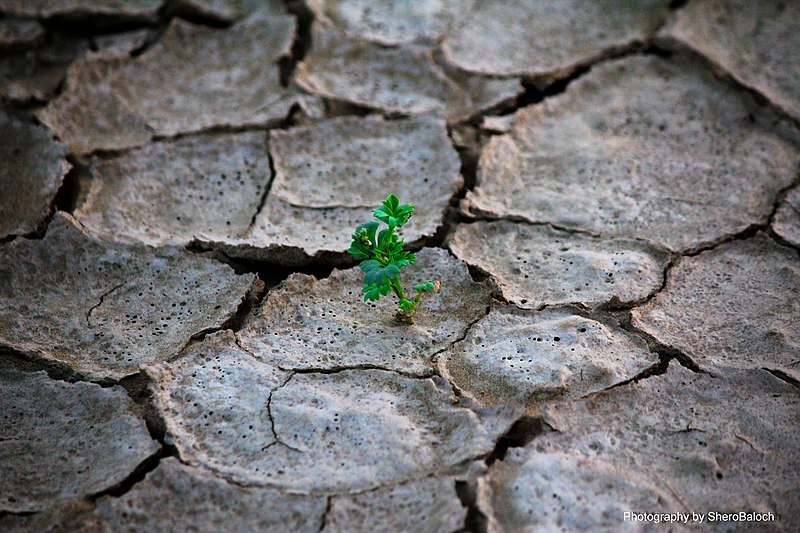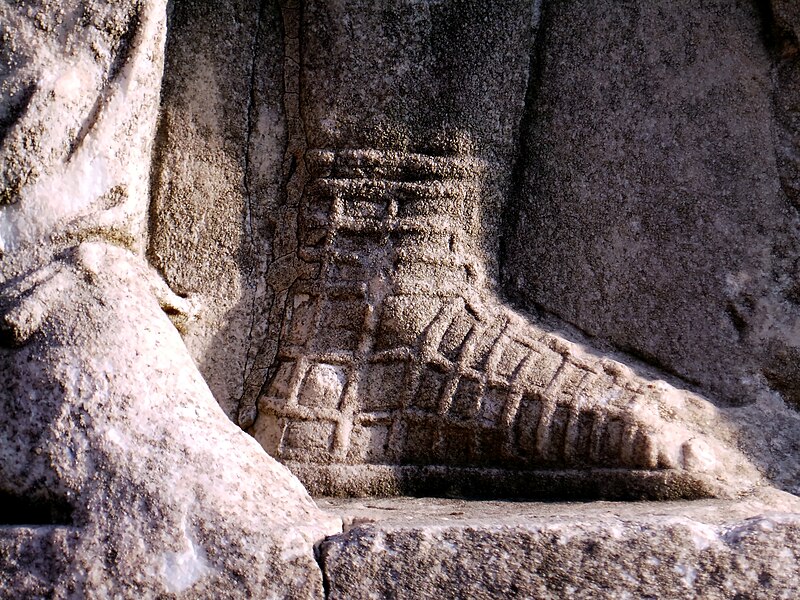Saturday
My mistake! I included the wrong texts in my post this week. Below are the correct ones for this Sunday. And to make up for my mistake, here is a repost from another year:
+ + +
Matthew 10:34
“Do not think that I have come to bring peace to the earth; I have not come to bring peace, but a sword.
 Everything depends upon hearing a text in its right context. Cut this verse away from its place in Matthew’s Gospel, cut it away from the life and ministry of Jesus, cut it away from the Biblical witness as a whole, and we have justification for violence. Or, if not violence, justification for whatever commotion causing things we want to do. Place this word of Jesus on their march up to Jerusalem, with Jesus astride a donkey and the people waving palm fronds (symbols of kingship) and you have a very different message than its place here in the missionary discourse. We have to be careful about the way we use scripture. Indeed, the central question is always, “Are we using scripture or is scripture using us?” It’s not an easy question to answer. It takes a continual listening. There is a reason Jesus talks about abiding in his word.
Everything depends upon hearing a text in its right context. Cut this verse away from its place in Matthew’s Gospel, cut it away from the life and ministry of Jesus, cut it away from the Biblical witness as a whole, and we have justification for violence. Or, if not violence, justification for whatever commotion causing things we want to do. Place this word of Jesus on their march up to Jerusalem, with Jesus astride a donkey and the people waving palm fronds (symbols of kingship) and you have a very different message than its place here in the missionary discourse. We have to be careful about the way we use scripture. Indeed, the central question is always, “Are we using scripture or is scripture using us?” It’s not an easy question to answer. It takes a continual listening. There is a reason Jesus talks about abiding in his word.
So Jesus brings a sword, but this cannot be a sword of armed struggle; after all, Jesus rebukes his followers saying, “He who lives by the sword, dies by the sword.” And how should we love our enemies and take up the sword at the same time? This is not the sword born by gladiators; this is the knife that divides. It is not the long sword used by troops in combat; it is the short sword, the dagger, used for everything from personal protection to cooking. It is the boning knife used in Hebrews for the Word of God that “divides soul from spirit, joints from marrow.” It is the priestly knife used in sacrifice.
How differently we would hear this verse if we translated it, “I have not come to bring peace, but a scalpel.” Jesus is, after all, in the business of heart surgery. Only his surgery is not just on the individual human heart; he comes to operate on the whole human community. There is surgery to be done. The warlords and drug lords and patrons of young victims of human trafficking. The abusive parents and abusive governments. The active and passive participants is communal violence. There is surgery to be done. And we should not imagine than when power is challenged, when individuals and “businesses” that profit from evils are confronted, there will not be resistance. Fierce resistance. Many miners were beaten and killed in their attempt to stand up to the coal companies. Many young men and women were assaulted, slandered and murdered for their resistance to Jim Crow – even some children. There is heart surgery to be done. There is truth to be spoken. There is compassion to be waged. Neighbors oppose the building of churches and soup kitchens. It is illegal to baptize in many countries. Congregation’s themselves resent the changes new people bring. Our hearts, too, need the surgeon’s scalpel.
And what if we translate the text, “I have not come to bring peace, but a knife of sacrifice”? What will such words say to us as we listen to Jesus declare that the fields are waiting for harvest? When he sends us out to cast out demons and heal and declare the reign of God?
Jesus doesn’t bring a quiet and peaceable life. He brings the peaceable kingdom. He brings the dawning of that day when swords are beaten into plowshares – a day that won’t come easily, given our great faith in the power of violence.
There is surgery to be done, so don’t be surprised when Jesus says, “I have come with knives.”
+ + +
The Texts for June 21, 2020
First Reading: Jeremiah 20:7-13
“O Lord, you have enticed me, and I was enticed.” – The prophet raises a lament towards God for assigning him a message of judgment and destruction that has resulted in nothing but hostility and persecution. And when he tries to be silent, God’s message burns like a fire within him.
Psalmody: Psalm 69:7-10, 16-18
“Zeal for your house that has consumed me; the insults of those who insult you have fallen on me.” – The poet cries out to God in the midst of persecution and trouble.
Second Reading: Romans 6:1b-11
“Should we continue in sin in order that grace may abound? By no means!” – In the course of setting forth his message that all are justified (in a right relationship with God) by grace (God’s merciful action) through faith (trusting God’s promise), Paul anticipates the objections of his opponents that if our sin shows how great is God’s mercy, why not continue to sin? Such a notion is rejected because joined with Christ in baptism we have entered into a new reality. We have come under Christ’s dominion, being transferred from the realm of sin and death and living now in the realm of grace and life.
Gospel: Matthew 10:24-39
“Do not think that I have come to bring peace to the earth; I have not come to bring peace, but a sword.” – the path of discipleship is not an easy one. The world will resist God’s claim on life, but the followers of Jesus are sent as agents of God’s transforming justice and mercy.
+ + +
Image: https://commons.wikimedia.org/wiki/File:Mus%C3%A9e_Cinquantenaire_Roman_dagger.jpg Michel wal / CC BY-SA (https://creativecommons.org/licenses/by-sa/3.0)

 Watching for the Morning of May 31, 2020
Watching for the Morning of May 31, 2020

 Thursday
Thursday 5All the boots of the tramping warriors
5All the boots of the tramping warriors
 The Second Sunday of Lent
The Second Sunday of Lent

